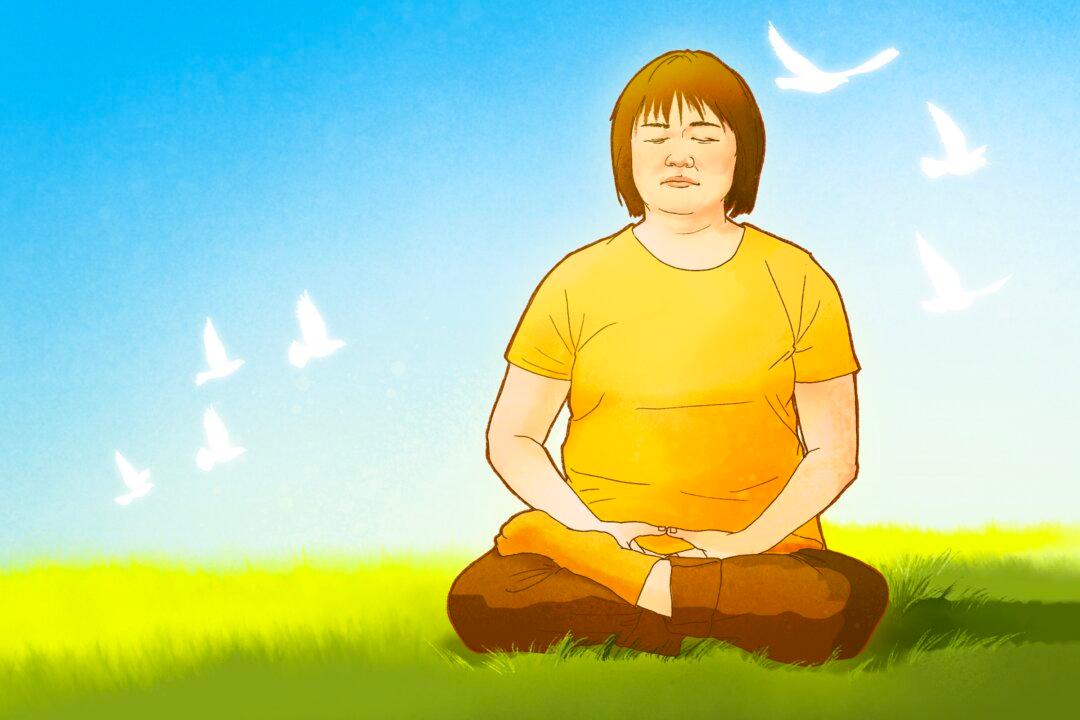Since ancient times, Chinese health practitioners have relied on simple hot foot baths as an effective remedy for nourishing the body and treating diseases. Recent medical studies have proved that foot baths are effective for relieving pain, treating depression, menopausal syndromes, and other diseases.
Hua Tuo (c. 140–208), a famous Chinese doctor from the late Eastern Han dynasty, authored a book on the importance of the feet titled, “The Way of the Soles of the Feet.” He compared our feet to the roots of a tree and said, “A tree’s roots are dried up before it withers, and a man’s feet age first before he grows old.”






